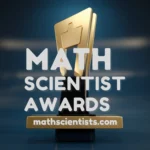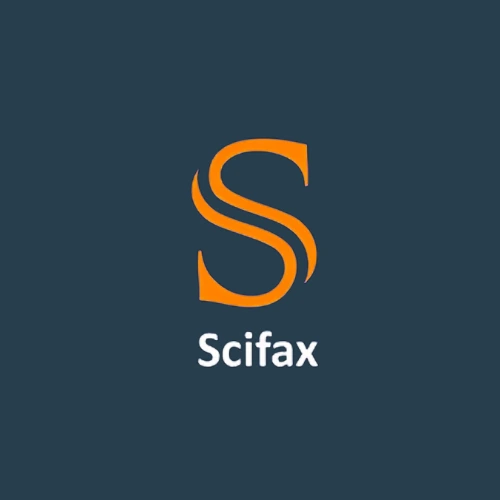Introduction
The Young Scientist Award recognizes exceptional contributions by emerging researchers in mathematics and related fields. This award aims to honor innovative work that demonstrates originality, creativity, and significant scientific impact.
About the Award
The award celebrates early-career scientists whose groundbreaking research contributes to advancing knowledge and inspiring future generations in mathematics, applied sciences, and interdisciplinary studies.
Eligibility Criteria
Qualifications: Must hold at least a master’s degree (PhD preferred) in mathematics, physics, computer science, or a related field.
Age Limit: Open to researchers 35 years and below.
Publications: At least one peer-reviewed journal article showcasing significant contributions.
Recurrent Requirements: Active participation in research, academic conferences, and innovative projects.
Evaluation Criteria
Originality & Scientific Innovation – Novelty and creativity of the research.
Impact on Science & Society – Relevance and contribution to the broader scientific community.
Technical Excellence – Depth, clarity, and rigor of the methodology.
Interdisciplinary Applications – Connections with other scientific fields.
Publication & Presentation Quality – Effective academic dissemination of research.
Submission Guidelines
Biography: A professional summary of the nominee’s career (max. 500 words).
Abstract: A concise summary of research contributions (max. 300 words).
Supporting Files: Full research papers, proof of publication, letters of recommendation, and additional relevant documents.
Recognition
Prestigious Award Certificate – Official recognition of achievement.
Conference Presentation – Opportunity to showcase research at a major scientific event.
Collaboration & Networking – Access to leading experts and institutions.
Media & Publication Exposure – Promotion in scientific journals and media outlets.
Community Impact
This award fosters excellence in young scientists, encouraging early-career researchers to push scientific boundaries, engage in transformative discoveries, and contribute to mathematics, physics, computer science, and beyond.















